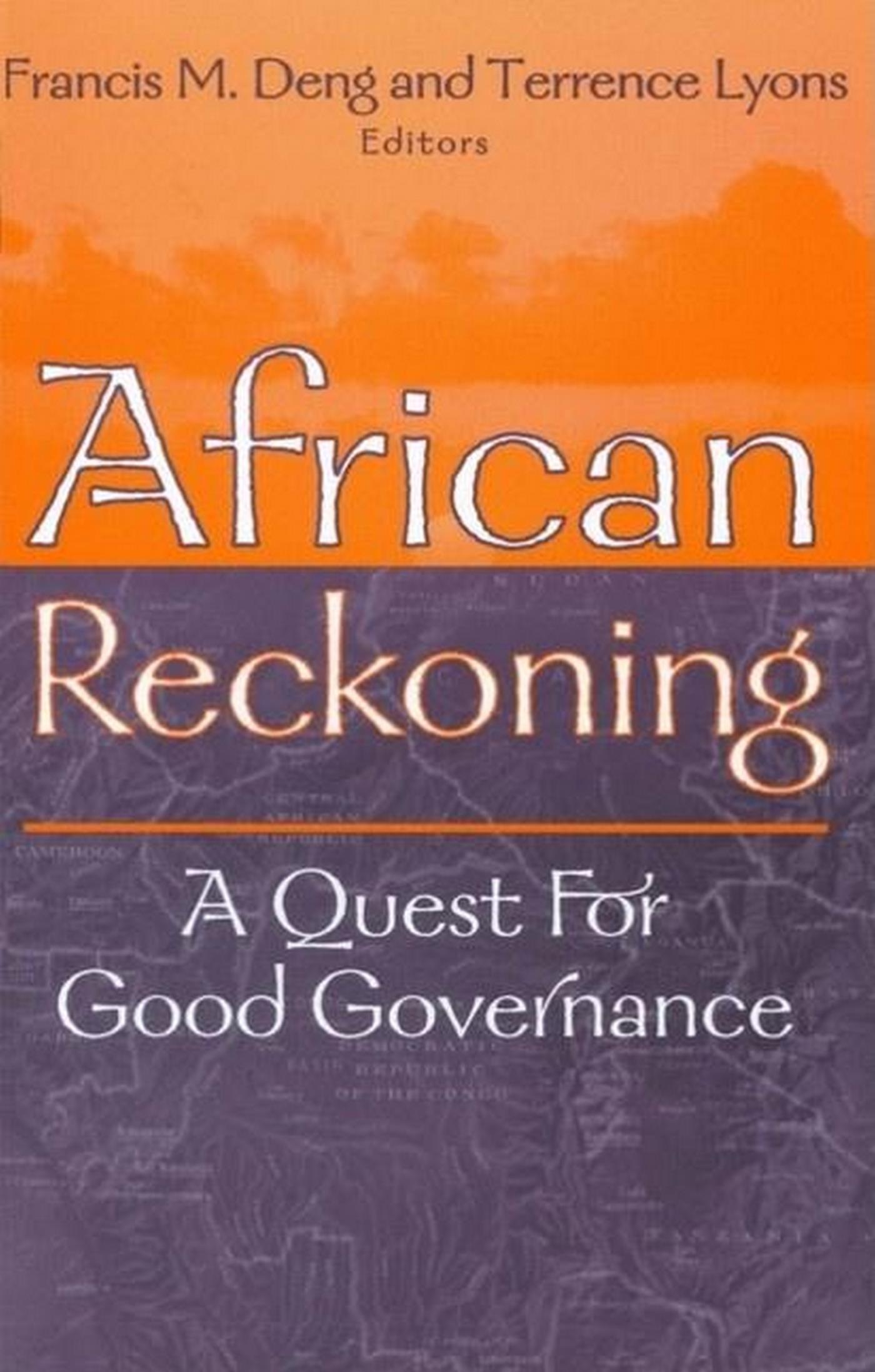This book investigates how changing norms of sovereignty may promote better governance in Africa. It begins by tracing the evolution of the concept of sovereignty and how, in the post-Cold War era, sovereignty has been redefined to emphasize the responsibility of the state to manage conflict and protect human rights. African Reckoning includes assessments of how state actors in Africa measure up to the norms inherent in the notion of sovereignty as responsibility. The book also examines the question of accountability at the regional and international levels. The authors conclude that since the power of oppressed people to hold their governments accountable is very limited, the international community has a responsibility to provide victims of internal conflict and gross violations of human rights with essential protection and assistance. Accordingly, the book expounds on the normative principles of responsible sovereignty, international mechanisms and strategies for their enforcement, and empirical evidence about the performance of governments as measured by the requirements of responsible sovereignty. Contributors include Richard Falk, Abdullahi Ahmed An-Na’im, James Rosenau, Goran Hyden, Michael Chege, and John D. Steinbruner.












